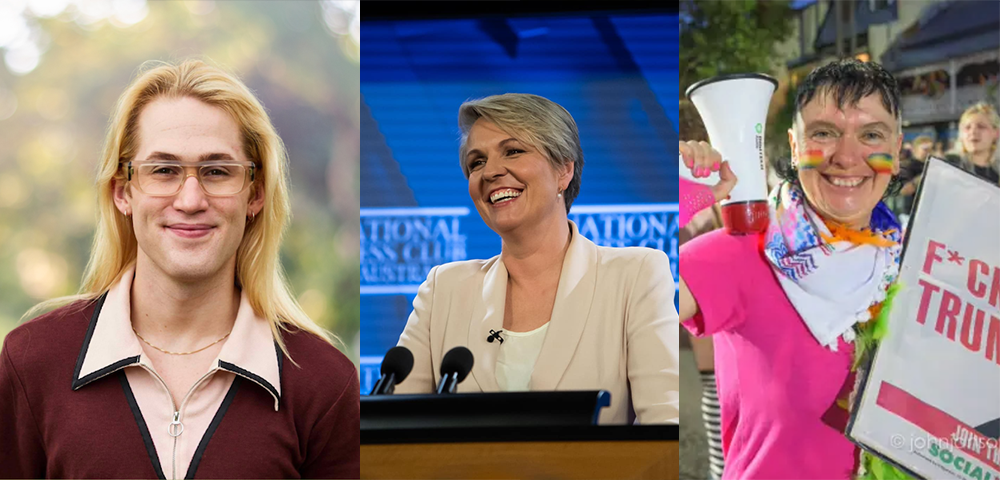
Eurovision has been cancelled

After deliberating for weeks and considering every possibility, the European Broadcasting Union (EBU) has made the unprecedented decision to cancel the 2020 Eurovision Song Contest.
Due to be held in Rotterdam in mid-May, the competition has been tentatively rescheduled for same time, same place, next year, pending global circumstances at that time.
In a statement made via YouTube, Executive Supervisor, Jon Ola Sand expressed remorse and disappointment:
“It is with great regret that we have to announce the cancellation of the Eurovision Song Contest 2020 in Rotterdam.
“The escalating spread of the coronavirus around Europe and the restrictions put in place by many governments and the Dutch authorities makes it impossible for us to host a live event as planned.”
He thanked everyone involved in organising this year’s event and concluded with this assurance:
“I can promise you, the Eurovision Song Contest will come back stronger than ever.”
The EBU has posted a FAQ sheet on the official Eurovision website responding to questions about ticket refunds, why other options weren’t taken, the possibility of the same artists performing next year.
The competition has run uninterrupted for 64 years, beginning in 1956 in Lugano, Switzerland with seven participating countries. This year’s competition would have featured 41 countries including Australia who were officially admitted into the contest in 2015.
Montaigne (Jessica Alyssa Cerro) was selected to represent Australia in Rotterdam this year with the song she co-wrote, “Don’t Break Me” . The 24-year-old singer, who identifies as queer, beat nine other contestants in the “Australia Decides” event organised by broadcaster, SBS, to determine our entry for Eurovision.

The financial ramifications of cancelling the Eurovision Song Contest will be devastating. Apart from the extraordinary high tech production values of the live finales, there are dozens of associated events, broadcasters around the globe – including Australia’s SBS, ticket sales, merchandise, accommodation, and many other peripheral businesses and services that have already spent millions of dollars which are unlikely to be recouped.
Eurovision is an extremely popular event, evincing the same sense of pride in participating countries as does the Olympic Games. Enthusiasts follow the competition throughout the year. It has a huge LGBTQI fan base.
The camp, glamour, absurd excess that is Eurovision will be sorely missed in a year when it was truly needed.









